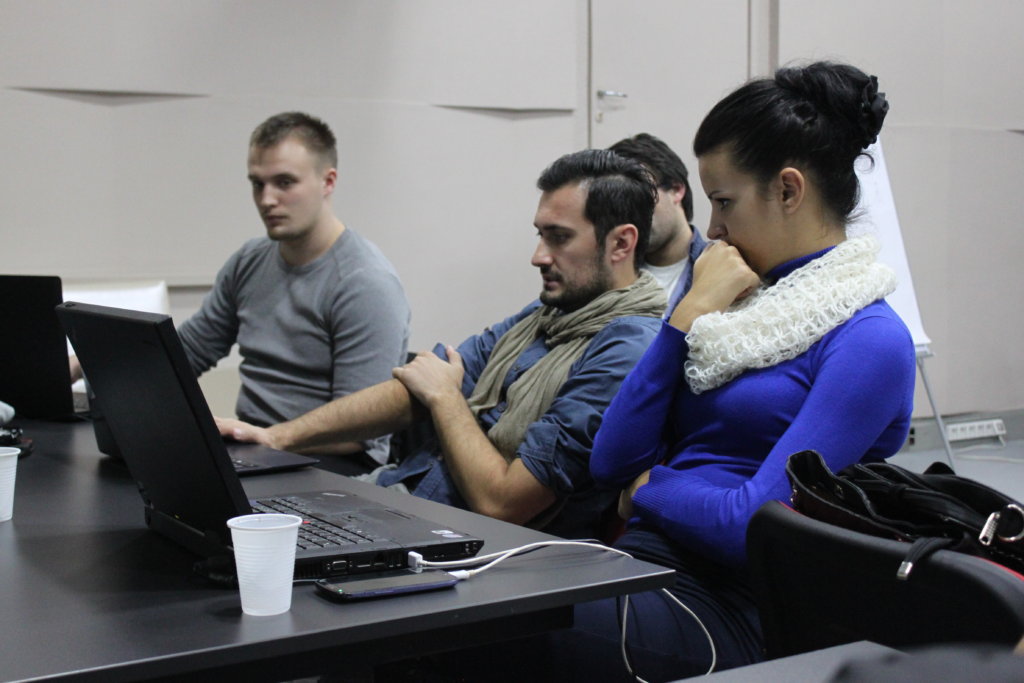- About
- Topics
- Picks
- Audio
- Story
- In-Depth
- Opinion
- News
- Donate
- Signup for our newsletterOur Editors' Best Picks.Send
Read, Debate: Engage.
| topic: | Democracy |
|---|---|
| located: | Bosnia and Herzegovina |
| editor: | Katarina Panić |
Somehow, the authorities in Bosnia and Herzegovina believe they are entitled not to share the information on their work with the public.
The first Freedom of Information Act, FOIA, was introduced almost two decades ago. However, those who consume these rights are rarely ready to go the whole hog – even the media; they usually give up at a certain point, mostly because of a lack of capacities to enter the long-lasting, expensive and exhausting court trials. That is precisely what the authorities are counting on. Still, there are champions of persistence too.
Transparency International, TI Bosnia and Herzegovina stated last Monday that it was forced to file complaints against more than 100 public enterprises (out of a total of 737) due to the silence of administration, or complete ignorance of the request. Less than half of the subjects submitted information upon requests within the deadline of 15 days, as the law requires, and some took more than five months. Some information on the medical issues was impossible to access.
"Global TI's findings indicate that the unobstructed access to information of public interest is key for health authorities to gain the trust of citizens. When, during the pandemic, the authorities were not transparent, the citizens refused to follow the health recommendations which reduce the spread of the infection," the organisation said at a press conference in Banja Luka, held on the occasion of the International Day for Universal Access to Information.
The very same day, Sarajevo-based Center for Investigative Reporting, CIN announced it won the twelfth case against public bodies that refuse to grant access to information in their custody.
So far, CIN has sued government agencies, parliamentary bodies, ministries, banks, hospitals and even the courts. All rulings were in CIN's favour. On average, it took the courts around 18 months to hand down a verdict.
This time the Federal Ministry of Displaced Persons and Refugees had claimed that this sensitive category needs a particular treatment. However, the court found the Ministry has failed to demonstrate that the grant beneficiaries would be harmed if their identities were made public.
Other examples are equally ridiculous. For instance, asked about illegal civil service hiring, the authorities initially replied that identifying employees would be "an invasion of their right to privacy." If only they had been careful in spending public money as much as they were sensitive for their privacy.
Image by Rudy and Peter Skitterians

